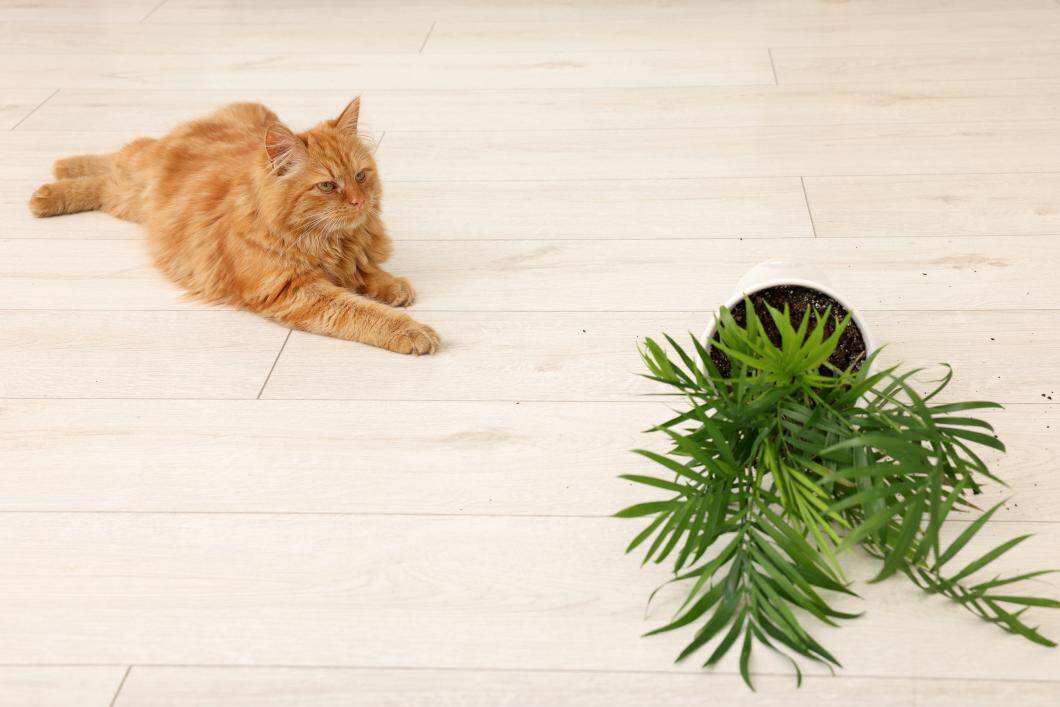
November brings crisp, cool mornings. Most of the leaves have fallen from the trees, and gardens are being tucked away for the winter. But for many Oroville residents, this just means more plant-life in our indoor decor—which means pet parents need to be aware of what’s toxic and what isn’t.
Here at Oroville Animal Health Center, we want to make sure our local community is aware of toxic plants for Oroville pets this time of year.
Keep reading for tips to keep your furry friends safe this November.
Common Toxic Plants to Dogs in Oroville
Plenty of pet parents bring outdoor potted plants indoors to overwinter—and to spruce up the home as the weather gets chillier.
But if you have dogs or cats, avoid bringing these plants into any spaces you share with your pets:
- Lilies. Lilies may be beautiful, but they’re highly toxic to cats and dangerous for dogs. Even lapping up the water from a vase holding lilies can cause kidney failure—especially in cats—so it’s best not to risk it.
- Dieffenbachia. Also known as leopard lily, dieffenbachia is a popular, tropical plant that flourishes indoors. But the plant’s sap contains calcium oxalate, a toxin that can irritate your pet’s mouth, causing drooling and swelling.
- Monstera. This trendy houseplant may look cool, but it can make your pet sick—chewing on the plant can cause irritation in your pet’s mouth and digestive system. Like Dieffenbachia, Monstera contains calcium oxalate crystals.
- Philodendron. Like Dieffenbachia and Monstera, this plant contains calcium oxalate crystals that are toxic to pets.
- Cyclamen. The heart-shaped flowers of the cyclamen plant are enough to bring cheer to any late-fall or winter day. But this plant can cause diarrhea, vomiting, loss of appetite, seizures, and even paralysis.
- Poinsettias. These bright, cheerful plants are synonymous with the holidays, but they can be mildly toxic to pets if eaten in large quantities. Keep them out of reach of Fido or Kitty—but rest assured that poinsettias aren’t quite as dangerous as the other plants on this list.
Instead of the plants listed above, stick with safe choices like spider plants, Boston ferns, African violets, and Areca palms. These plants offer joy without bringing any danger into the home you and your pets share.
Pet-friendly gardening, both indoors and out, makes for a safer, more stress-free environment for everyone.
What to Do if My Dog Eats Toxic Plants in Oroville
If your dog eats a toxic plant here in Oroville, here’s what to do:
- Remove the plant from your pet’s mouth—chewed leaves, crushed flowers, steps, all of it.
- Identify the plant and bring it with you, or take a photo of it.
- Call your veterinarian right away for help or call the ASPCA Poison Control Hotline at (888) 426-4435.
- Don’t wait until you notice symptoms, because they can take a while to appear—instead, get help as soon as you notice your pet eating a plant they shouldn’t.
The team at the Oroville Animal Health Center is here to help your pet before, during, and after any plant-related emergencies. Our pet hospital in Oroville is open every day between 8 a.m. and 5 p.m., and you can call us anytime at (530) 533-7513.
